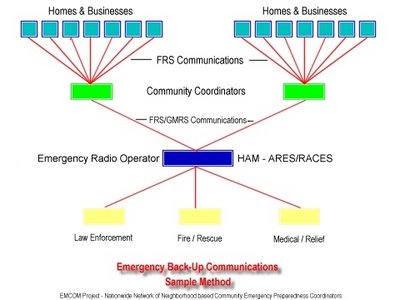
Anthony Bradley has a thought provoking post on the incidence of orphaned children in foster care. He posits: "America Only Has A Dozen Or So Christian Families, Right?" Obviously if we had really Christian families, these orphans would have homes by now?
Here's more:
Giving money to homes is good but actually taking in orphans, which was a regular practice in the early church (when people were poorer), is the BEST
context for orphans. Adoption is the best option for multiple reasons (John
14:38; 15, Rom 8:23).
Leaving children as orphans is not necessary in America. A group home isn't better than a family. Again, what happens to the kid at 18-years-old? The Christian church could probably put an end to the foster care system in America in about 2 years.
We need long-term solutions: covenant families engaged in personal, sacrificial mission to their local community out of their local church.
Christians in the first centuries of the church believed that they should rescue children left exposed to the elements or hungry animals to die. That's why the church grew so fast too. These infants were raised as Christians. Why? They practices James 1:27 - "Religion that is pure and undefiled before God, the Father, is this: to visit orphans and widows in their affliction, and to keep oneself unstained from the world."
The
Micah Fund is one organization that "provides financial assistance for qualified adoptive parents for the payment of fees to those agencies who are committed to providing quality services to birthparents, their children, and prospective Christian parents." This defrays the often prohibitive cost of an adoption.
It's service area is limited to Minnesota.
One like it is needed in every state.
But even more - Christians who see Christian parenting as a "ministry" are needed in every church!
I think Dr. Bradley hits the nail on the head when he says that if reformed Christians spent the same time, zeal, money and anguish on this issue as they have attacking the theological
hobby horse de jour the problem would be well on the way to being resolved.
Photo courtesy
Anthony Bradley









